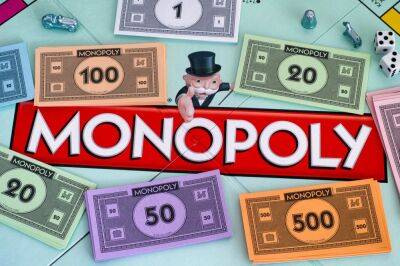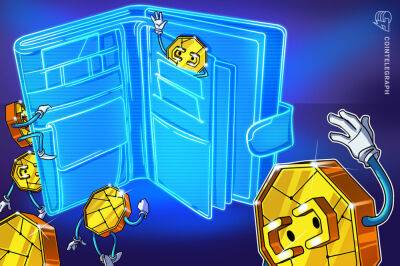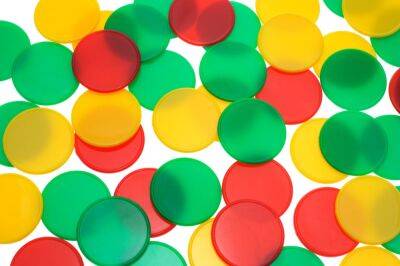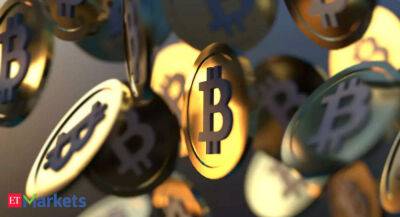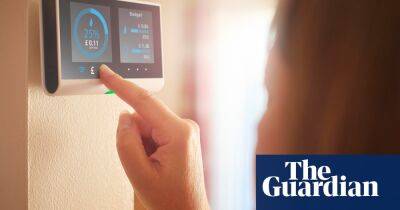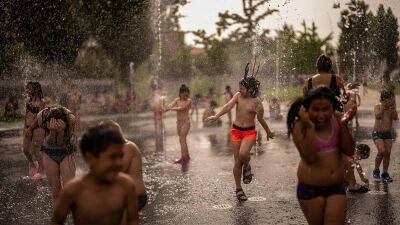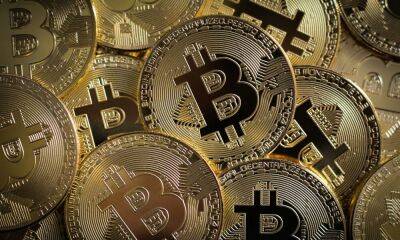Pandemic-era checks rewired how these Americans see money: 'Stimulus changed how I think about what's possible'
For Denise Diaz, the benefits of pandemic-era stimulus checks went beyond everyday dollars and cents. They rewired how she thinks about money.
Diaz, a mother of three who lives outside Orlando, Florida, received more than $10,000 from three rounds of «economic impact payments.»
They were among the 472 million payments issued by the federal government, totaling about $803 billion. The effort amounted to an unprecedented experiment to prop up households as Covid-19 cratered the U.S. economy.
The checks (and other federal funds) are at the epicenter of a debate as to whether and to what extent the financial assistance helped fuel inflation, which is running at its hottest in about 40 years.
But they undoubtedly offered a lifeline to millions of people during the worst unemployment spell since the Great Depression. Recipients reached by CNBC used the money in various ways — to cover household staples, make debt payments and create rainy-day funds, for example.
Diaz, who co-directs a local nonprofit, Central Florida Jobs With Justice, used the funds to pay off a credit card and a car loan. Her credit score improved. She built an emergency fund — previously nonexistent — which the household was able to lean on when Diaz's partner lost his job earlier this year.
Consequently, Diaz, 41, feels more financially stable than during any other period of her adulthood.
The financial buffer and associated peace of mind also changed her psychology. She automated bill payments (for utilities, a second family car and credit cards, for example) for the first time.
«We weren't doing that [before],» Diaz said. «Because you never knew what could happen [financially], so I never trusted it.»
These days, Diaz thinks more about budgeting.
Read more on cnbc.com


 cnbc.com
cnbc.com
